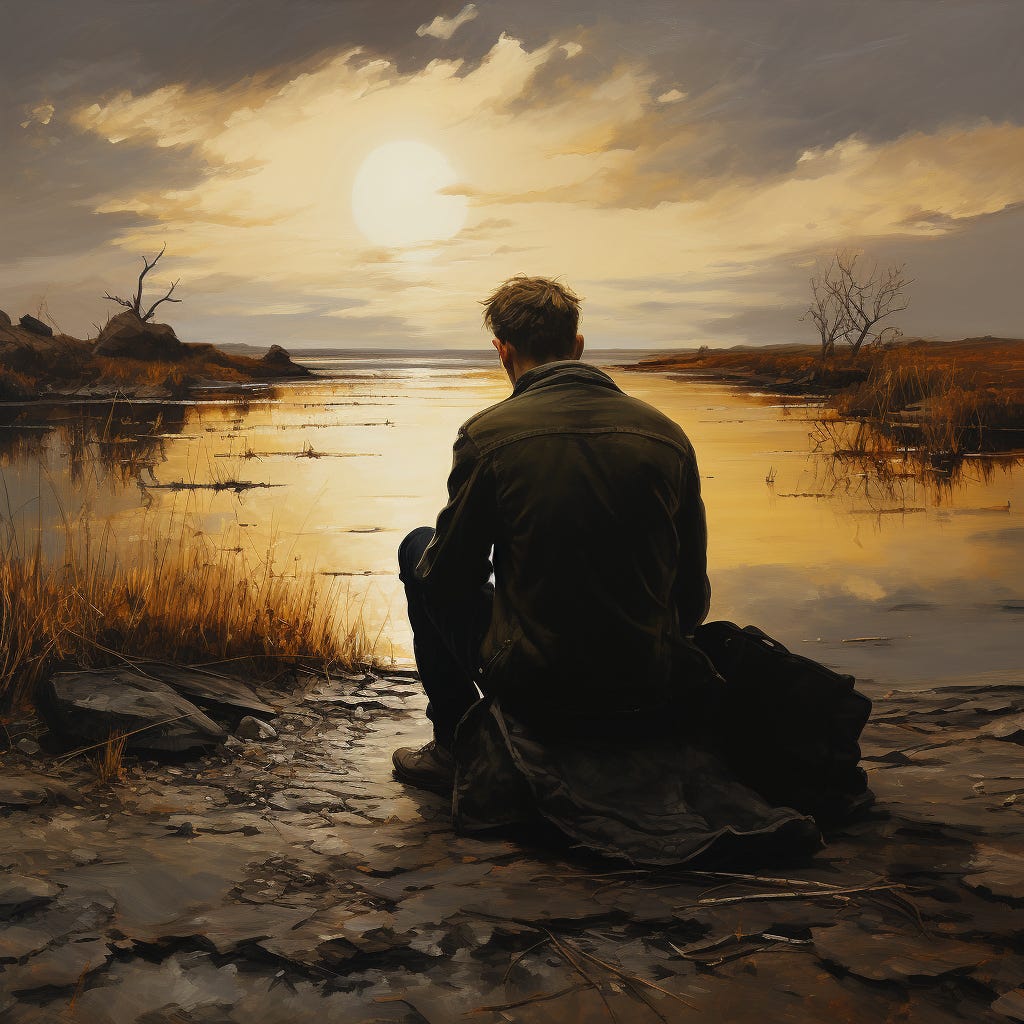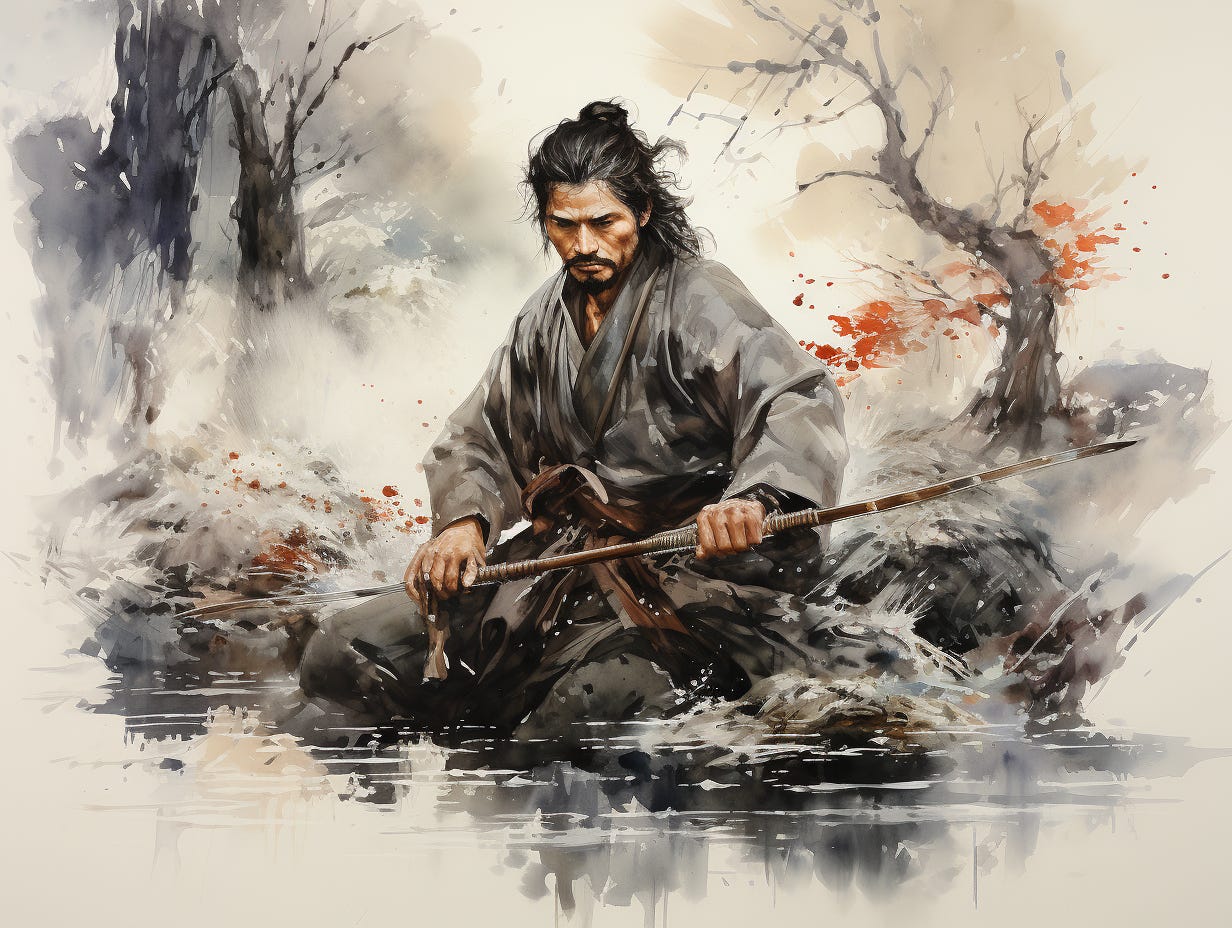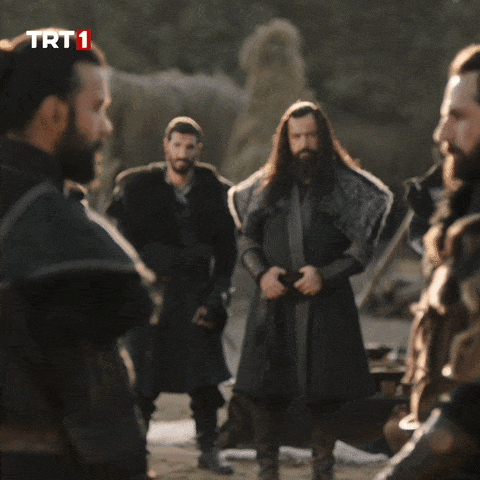pursue curiosity
Last night, a friend slid into my Instagram DMs, sparking a conversation about a post I wrote last week. She got the impression that I was seeking something I hadn’t quite been able to find. She offered a resource she thought might have some answers for me. She wrote something along the lines of, “I hope you find what you’ve been looking for and remember that what you are seeking is seeking you.” I pondered that for a moment. What am I seeking?
My answer is that I’m not seeking anything in particular. To seek is to imply that I am looking for something, but for me, the act of seeking isn’t about finding; it’s a lifestyle choice. I love to seek for seeking’s sake. It’s the endless paths that hold the allure. As Jack Kerouac said, “The road is life.” I embrace that sentiment. Tolkien also captured the essence of what I’m feeling when he wrote, “Not all those who wander are lost.” (I almost feel inspired to get that tattooed on my forearm!) I’m just endless curious.
My life unfolds as an ongoing research project, a cascade of questions that spawn even more questions. Knowledge, in my world, is a playground of queries and revelations. This is where I find pure joy. And it's probably why I'd make a lousy entrepreneur. Entrepreneurs identify problems that people have resigned themselves to and ask, "What if?" They then strive to make that "what if" a reality. Me? I'm content to revel in the "what if," savouring the intellectual exercise without feeling compelled to solve anything. The thrill, for me, lies in the exploration of possibilities.
I often tell friends that in another life, one where we lived in tribes, I'd be the Pathfinder. The person who ventures far from the safety of the tribe to discover new routes and pastures, returning to the tribe to share my findings through stories told around the campfire. I might stick around for a few days or a week, but inevitably, wanderlust would strike, and I'd be off again, plunging into the unknown.
This little corner of the internet—my Substack is my tribal grounds. And these weekly dispatches are the digital "campfire" where I get to share all the shiny gems of ideas and questions I've stumbled upon. It's not just my sanctuary; it's our meeting spot.
In a tribe, the Pathfinder is essential. They're not the chief, not the warrior, not the healer—they're the dreamers, the wanderers, the ones who expand the tribe's understanding of the world. They're the ones who come back with stories that become legends, routes that become roads, and ideas that become culture.
There's a quote often attributed to William Blake, Aldous Huxley, or Jim Morrison—I'm not sure who originally said it, but it resonates with me:
"There are things known and things unknown, and in between are the doors."
The magic of this quote for me is how it wraps itself around life's contradictions. It's like that moment when you're staring at a tricky optical illusion—a duck that suddenly becomes a rabbit. One second you think you've got life figured out, and the next, you're standing in front of a door you never even knew existed. That's what fuels my restless curiosity. It's not about having a roadmap; it's about finding these hidden doors—unmarked, mysterious, thrilling—and daring to step through.
There's no final "aha" moment waiting for me behind these doors. No neon sign flashing the meaning of life. But that's the best part. I'm not looking for endpoints; I'm chasing the endless "what's next?" Each door is just a chapter in an ongoing story that I'm writing in real-time. I don't get frustrated when I realise there are more doors ahead because, honestly, the discovery is the whole point for me. The fact that there's always another door? That's not a buzzkill; it's my favourite plot twist.
Seeking is a must for me. After all, not all those who wander are lost; some of us are just endlessly curious.
the sound of existentialism
Before you go any further, stop and listen to Who Are You:
"Who Are You" isn't just a song; it's an existential query set to a melody, a philosophical question wrapped in a rock anthem. It does what all great art does--it challenges us, provokes us, and leaves us changed. Each time I listen to it, I hear something new, as if the song itself is a mirror reflecting my ever-evolving identity. And so, the question remains, an eternal echo in the caverns of my mind: Who are you? And, perhaps more urgently: Who am I?
So I ask you, as you listen to the song or merely reflect upon its resonance: Who are you? I really wanna know.
hitting the mark but missing the point
Picture yourself with a bow in hand, an arrow nocked, your gaze riveted on a distant target. You breathe in, focus, and let the arrow fly. The trajectory is straight, true, and hits the bull's eye—only the victory feels hollow. Eugen Herrigel, in his book Zen and the Art of Archery, would tell you that you've missed the point entirely if you're basking in the glory of hitting the target. Much like Jack Kerouac's elusive 'It,' Zen is not something you find but something you feel, beating in the very marrow of your bones. The real art lies in dissolving the boundary between the archer and the arrow, between the surfer and the wave, between the mentor and the mentee.
"Put the thought of hitting right out of your mind! You can be a Master even if every shot does not hit. The hits on the target is only an outward proof and confirmation of your purposelessness at its highest, of your egolessness, your self-abandonment, or whatever you like to call this state. There are different grades of mastery, and only when you have made the last grade will you be sure of not missing the goal.” [Herrigel]
There's something ineffable about standing on the edge of human experience and peering into the abyss—whether that edge is a surfer confronting a towering wall of water or a spiritual coach whispering to a soul in turmoil. Hunter S. Thompson once said, "The edge... there is no honest way to explain it because the only people who really know where it is are the ones who have gone over." The line between mastery and disaster is perilously thin, but that's where the Zen is. That's where you touch something beyond the mere mechanics of action—you touch essence. It's the space where questions about life, death, and identity are not merely contemplated but felt in every sinew and cell.
I imagine we not all seek this in some form or another. Those who have never surfed a wave or loosed an arrow may find their edge in a deeply moving piece of literature or in the cadence of a podcast episode. The medium may differ, but the essence remains the same: the pursuit of a moment that stretches the boundaries of ourself, that gives us a glimpse of the eternal within the ephemeral.
"The right shot at the right moment does not come because you do not let go of yourself. You do not wait for fulfilment, but brace yourself for failure.”
Yet, let's be honest, this pursuit is often marginalised in today's fast-paced society. We live in a world of quick fixes, of hacks that promise to make us better, smarter, faster. But where is the space for soul work in a world obsessed with superficial metrics of success? Zen masters and surfers alike would scoff at the notion that faster is better, that accumulation is the aim. They understand something that many of us have forgotten: The journey itself is the reward, and the real mastery is in becoming one with the act, whether it’s riding a wave, shooting an arrow, or guiding a soul.
"What stands in your way is that you have a much too willful will. You think that what you do not do yourself does not happen.”
Perhaps then, the next time you find yourself engaged in an activity you're passionate about—be it writing, podcasting, or conversing over a cup of tea—pause for a moment. Are you focused solely on the end product, the accolades it might bring, the metrics it might achieve? Or are you present in the act, feeling the pulse of life in the very tips of your fingers, coursing through you, transforming you in small yet infinitely significant ways?
Miyamoto Musashi said, "Do nothing which is of no use." It's an invitation to trim away the inessential and focus on what truly matters. In doing so, we come closer to answering the Zen koan that our existence poses—by stretching the boundaries of self until they dissolve, leaving us in a state of unity with the act and perhaps the universe itself.
"You must learn to wait properly... By letting go of yourself, leaving yourself and everything yours behind you so decisively that nothing more is left of you but a purposeless tension”
As you draw back the bowstring of life, poised to release yet another arrow towards whatever target you've set your sights on, consider this: Is it the bull's-eye you're truly after, or is it the exquisite tension between your fingers and the string, the weight of the bow in your hand, the whispering wind in your ears? In that moment of perfect concentration, the target becomes irrelevant; it's the pure act of shooting that brings us closest to the art of living. That's where the Zen is. That's where you'll find the cosmic dance, not just in hitting the mark but in becoming the bow, the string, the arrow—each a seamless extension of your true self.
So, what's your wave? What's your arrow, or whispering soul? Where do you find the Zen in your life? And when you do, will you recognise it for the cosmic dance that it is?
hey there, readers!
If you've found value in these musings on life, culture, and personal growth, I bet you know someone else who would, too. Why keep the wisdom to yourself? Share 'The Barefoot Philosopher's Notes' with a friend. Help me grow this community of thinkers and seekers. Cheers!
( i hate sounding like a commercial or politician begging for your vote, but people smarter than me say I should have a call to action, so here it is. )
Now back to our program…
are you ready to have your mind blown?
I’m posting these social audio posts on Limor. Find me there and join the conversation.
on being wrong
It's not a state most of us willingly embrace. We've been conditioned to see wrongness as a sign of weakness, a personal flaw we'd rather hide than expose. But what if I told you that being wrong is one of the most liberating experiences you could have? That it's a hidden gem in the murky waters of personal growth?
Picture this: You're at a social gathering, maybe a dinner party, and the conversation veers into a topic you hold strong opinions about. Could be politics, spirituality, or even the future of vinyl records. Naturally, you chime in, laying out your argument with the precision of a well-rehearsed speech. You're convinced that your point of view is the "right" one. But then someone offers a counterargument so compelling it makes you pause and reconsider.
That pause—that moment of "Huh, I never thought of it that way"—is pure gold. It's a sign that you're not only listening but also open to reshaping your thoughts based on new information. Your beliefs aren't set in stone; they're more like clay, malleable and open to being sculpted over time.
This openness to being wrong doesn't imply a lack of conviction; it signifies a willingness to grow. Being wrong is how we adjust our understanding of the world. It's how we evolve our viewpoints, reassess our values, and shift our paradigms. If you're never wrong, you never grow. It's as simple as that.
So, how do you practice the wisdom of being wrong? Start small. Question something you've long held to be true. Read an article that challenges your viewpoints. Have a deep, meaningful conversation with someone whose beliefs differ from yours. And remember, being wrong isn't a failure; it's an opportunity—a chance to broaden your horizons and enrich your understanding of this wild ride called life.
got thoughts?
I’d love to hear them! Your voice matters matters to me, and your insights could be the spark that ignites a deeper conversation. Let's turn these monologues into dialogues. The floor is yours, let's chat!
until next time
Alright, good people, that wraps up this issue of "A Barefoot Philosopher's Notes." Your comments and emails have been a joy to read, sparking some fascinating discussions. Whether you prefer to reach out via email or slide into my DMs on social media, I'm all ears. So, which essay resonated with you the most this week? Which one got your gears turning? I'd love to hear your thoughts.
Just a quick note on transparency: some of the links in this issue, particularly those related to books, direct you to Amazon through my affiliate link. It won't cost you anything extra, but it does give me a small kickback, helping to support the newsletter.
Lastly, let's grow this community together. Use the "Refer a Friend" link to spread the word. Not only will you help expand our circle of thinkers, but you'll also earn discounts on paid subscriptions. ( i hate sounding like a commercial or politician begging for your vote, but people smarter than me say I should leave you with a call to action, so there it is. )
Peace out,
Clay






